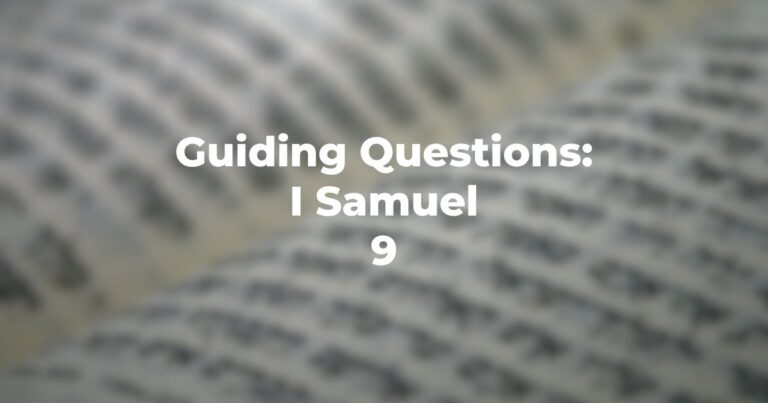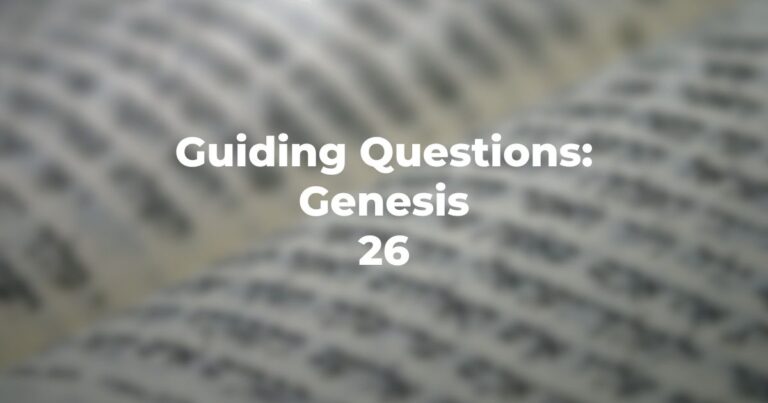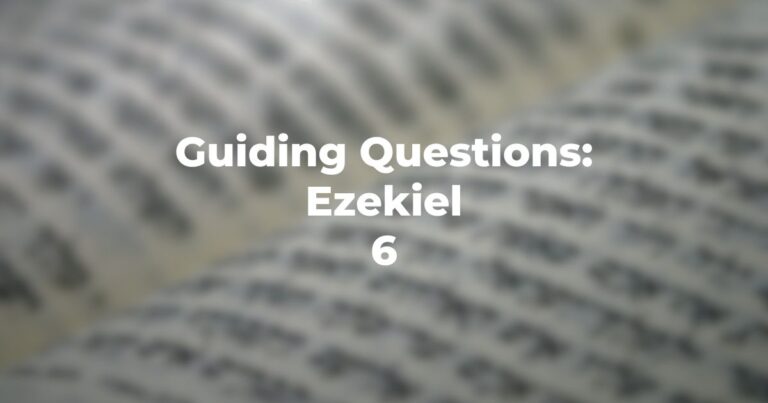- Why is it necessary to provide for a second circumcision operation?
- And, how does Joshua 5:2 relate to Joshua 5:4, since the former makes reference to “a second time” and verse 4 would seem to indicate that this would be “the first time”?
- Does Joshua 5:5 resolve this tension? Why does the word “brit? not appear in this particular narration?
- What is the significance of the phrase “to remove the shame of Egypt from you”? Is this a physiological observation or is it an observation dealing with the relationship of the people, one circumcised to freedom, and independent? Or, to neither?
- According to Joshua 5:10-11, how long did the Passover last at this time?
- In Joshua 5:13 the action of Joshua would indicate what characteristic?
- Why, in Joshua 5:14 is the answer, first, “no”? And, what is “an officer of God’s army”? How does the instruction given to Joshua parallel the instruction given to Mosheh in Exodus?
- And what, indeed, is the answer to Joshua’s observation at the end of verse 14: “What does my Lord have to say to His servant?” Other than the instruction to remove the sandals — is there any other communication?
- Or is the communication actually set down in Joshua 6:2?
Author
-

Exploring Judaism is the digital home for Conservative/Masorti Judaism, embracing the beauty and complexity of Judaism, and our personal search for meaning, learning, and connecting. Our goal is to create content based on three core framing: Meaning-Making (Why?), Practical Living (How?), and Explainers (What?).
View all posts





